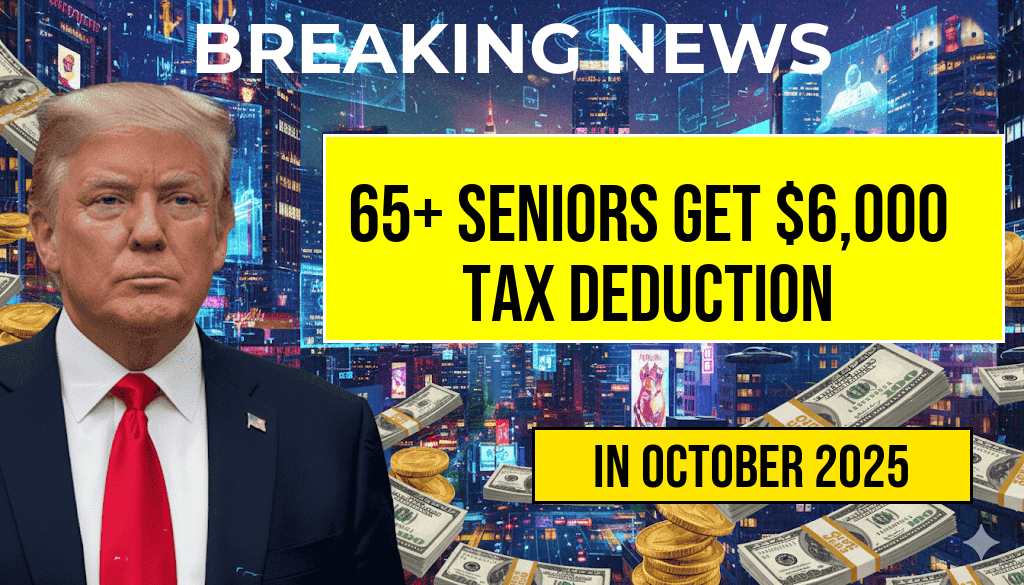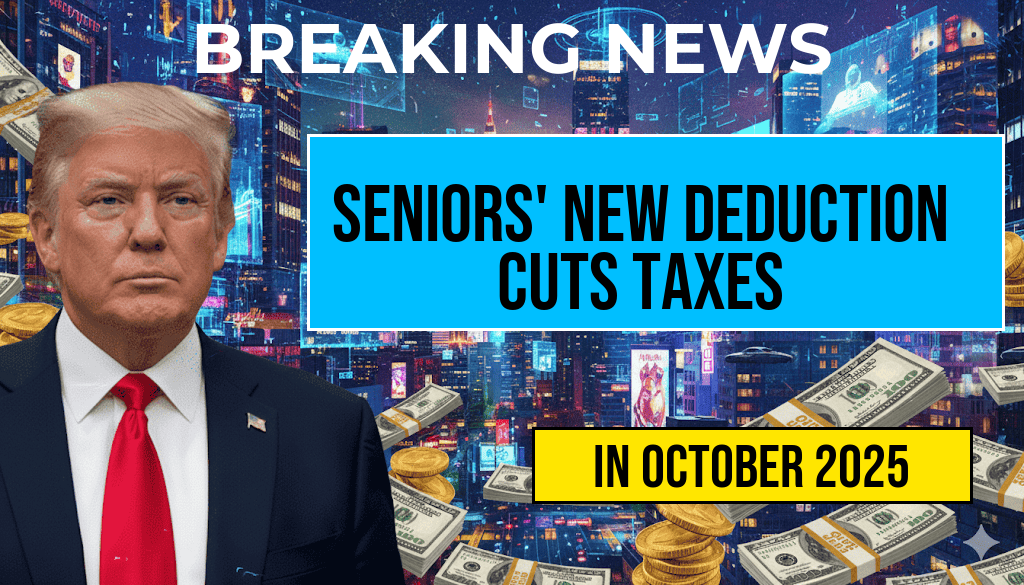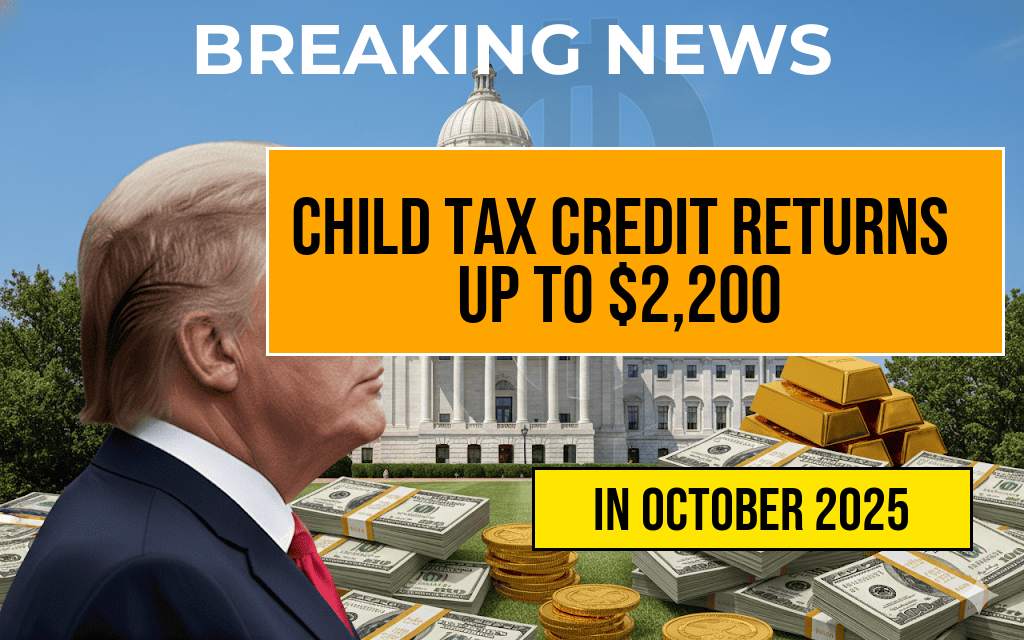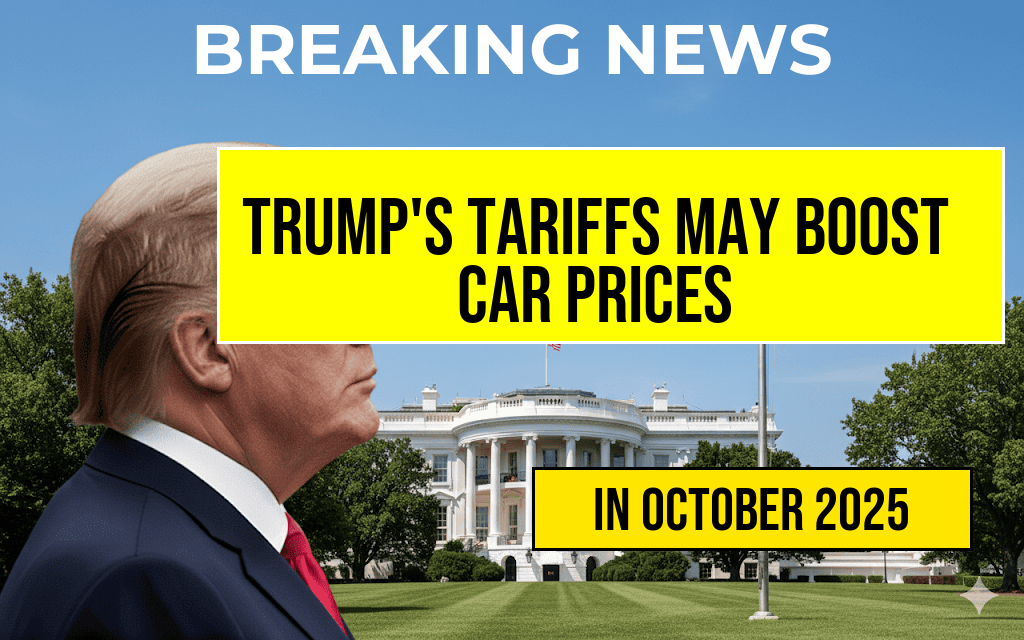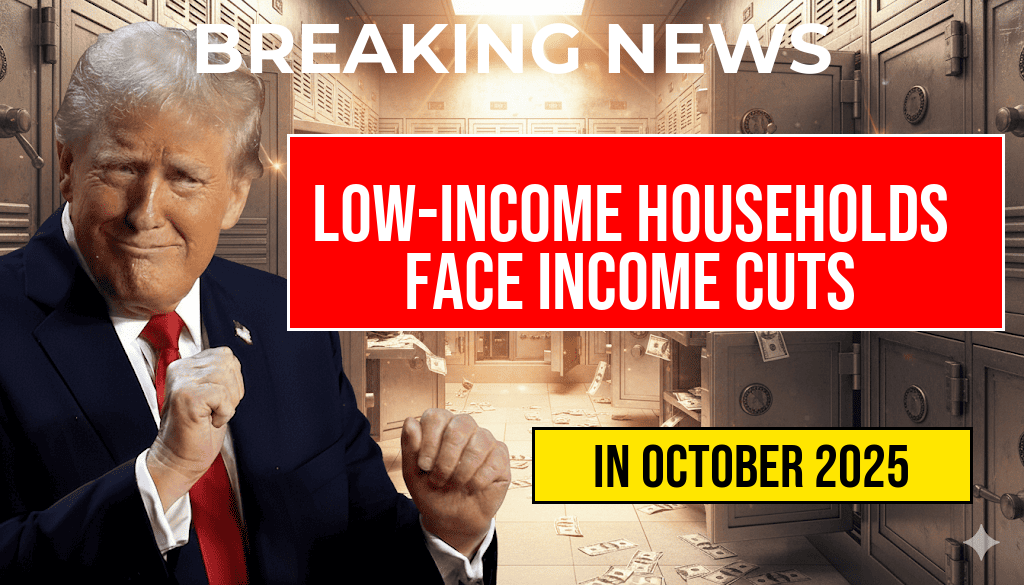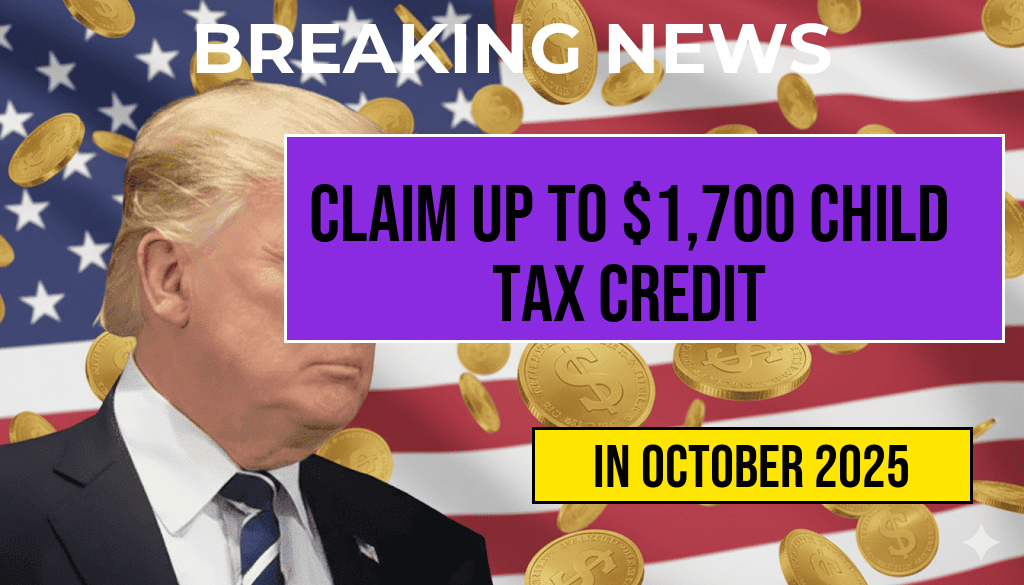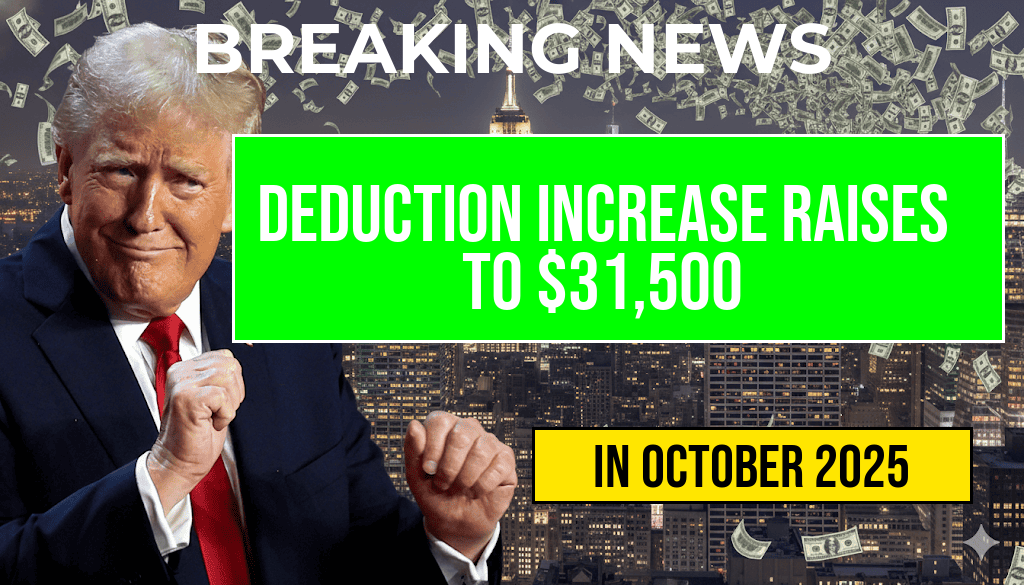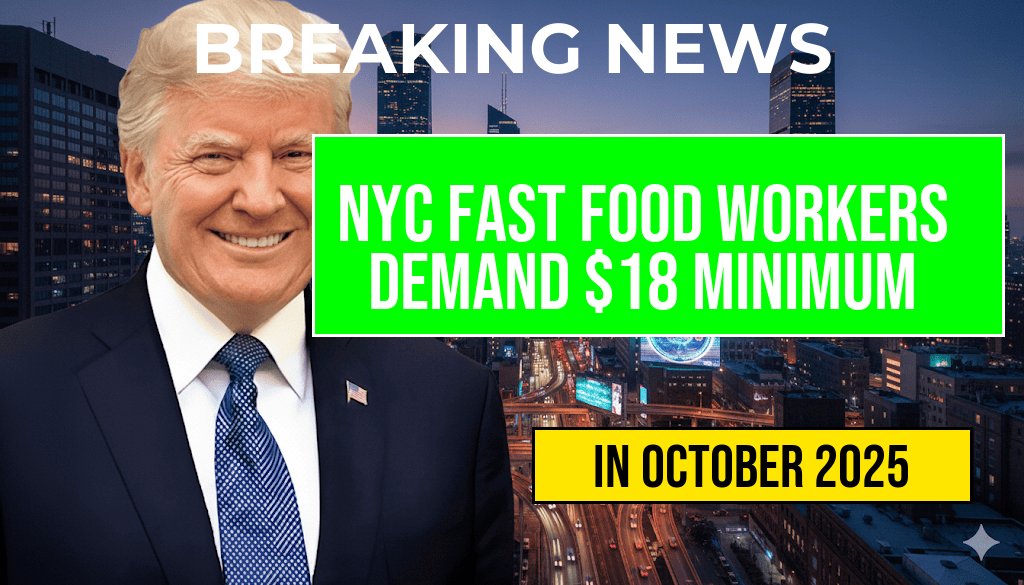Automakers and consumers alike face a potential surge in vehicle prices amid ongoing trade tensions, as recent statements from former President Donald Trump suggest the possibility of reinstating tariffs on imported vehicles and auto parts. Such measures could lead to cost increases of up to $5,286 per vehicle, according to industry analysts. The prospect of tariffs returning to the automotive sector has triggered concern among manufacturers, dealerships, and buyers, who are bracing for a significant shift in pricing dynamics that could reshape the new car market in the United States.
Potential Tariffs and Their Impact on Vehicle Prices
During a recent speech, Trump hinted at the possibility of imposing new tariffs on imported vehicles, citing concerns over national security and protecting domestic manufacturing. While specific tariff rates have not been officially announced, experts estimate that even moderate increases could substantially inflate vehicle costs for consumers. The analysis is based on current import values and the typical profit margins within the automotive industry, illustrating how tariffs could ripple through the supply chain.
Estimating Price Increases
| Vehicle Type | Current Average Price | Estimated Additional Cost | Total Estimated Price |
|---|---|---|---|
| Sedan | $36,000 | $2,150 | $38,150 |
| SUV | $44,000 | $2,636 | $46,636 |
| Luxury Vehicle | $70,000 | $5,286 | $75,286 |
Industry experts note that the highest projected increase, approximately $5,286 per vehicle, would primarily impact luxury models and imported vehicles with significant foreign manufacturing components. The overall effect on the average consumer could vary depending on the vehicle’s make, model, and the degree of import reliance.
Manufacturers and Market Reactions
Major automakers that rely heavily on imported parts or assemble vehicles outside the U.S. have expressed concern over the potential tariffs. The U.S. automotive industry has long depended on global supply chains, especially from countries like Mexico, Japan, and Germany. A resurgence of tariffs could disrupt production schedules, increase costs, and force manufacturers to pass expenses onto consumers.
Some companies have begun reevaluating their supply strategies, considering reshoring or sourcing from alternative regions to mitigate the impact of potential tariffs. However, such shifts often involve significant capital investment and can take years to implement fully, adding uncertainty to the market.
Economic and Consumer Implications
For consumers, a tariff-induced price hike could mean a significant barrier to entry for new vehicles, especially for those purchasing luxury or high-end models. A rise of over $5,000 on a typical luxury vehicle could push many buyers toward used cars or delay their purchase altogether. This shift may also influence the broader economic landscape, affecting sales figures, dealer inventories, and even vehicle financing trends.
Broader Trade Context and Future Outlook
The threat of tariffs comes amid ongoing trade negotiations and tensions between the U.S. and other economic powers. While the Biden administration has shown some willingness to ease trade restrictions, the rhetoric from Trump and his allies signals that tariffs could remain a tool for negotiation or protectionist policies.
Automotive industry analysts warn that unpredictable tariff policies could introduce volatility into the market, complicating planning for manufacturers and consumers alike. The National Automobile Dealers Association (NADA) has called for clarity, emphasizing that sudden price hikes could dampen consumer confidence and stall market recovery.
Resources for Consumers and Industry Stakeholders
- National Automobile Dealers Association
- Automotive industry overview
- Forbes report on tariff impacts
As discussions continue and potential policy shifts loom, consumers and industry players are advised to monitor official announcements closely. The upcoming months could redefine the landscape of vehicle affordability and availability across the United States.
Frequently Asked Questions
What is the main concern regarding Trump’s tariff threat on new cars?
The primary concern is that tariff threats could lead to an increase in vehicle costs by up to $5,286, making new cars more expensive for consumers.
How could tariffs impact the price of new cars?
Tariffs on imported auto parts and vehicles can raise manufacturing costs for automakers, which may be passed on to buyers in the form of higher vehicle prices.
Which car buyers are most affected by these potential price increases?
Consumers looking to purchase new cars, especially imported models, could face significantly higher price tags, potentially impacting their buying decisions.
Are there any alternative options to avoid increased costs due to tariffs?
Potentially, consumers can consider domestic cars or models from automakers less affected by tariffs, and stay informed about market developments to make strategic purchasing decisions.
What is the timing for the possible price increase if tariffs are implemented?
The price increase could take effect as soon as tariffs are imposed or announced, with the full impact becoming evident in vehicle pricing over the coming months.

